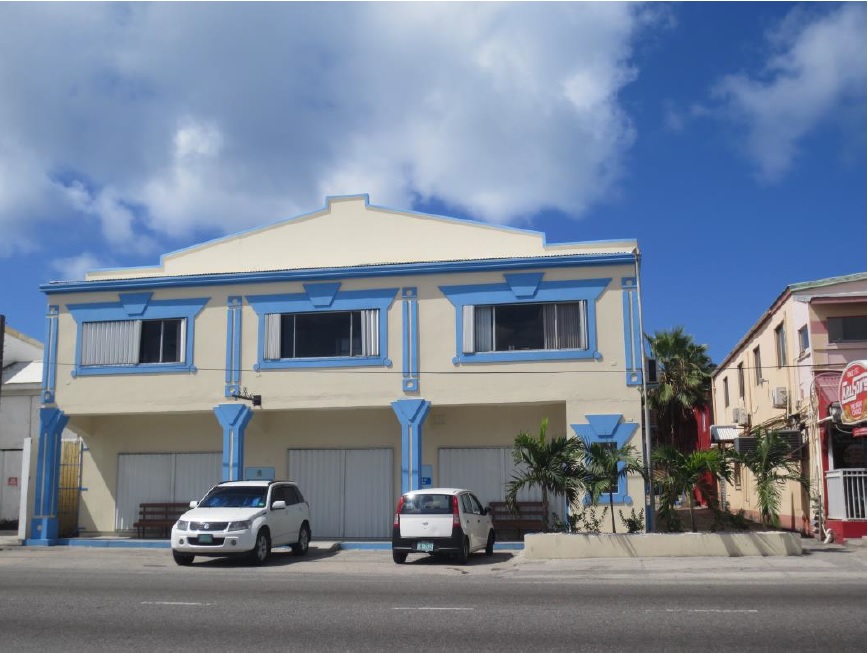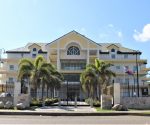World Bank trust fund disbursed $21 million in first six months

PHILIPSBURG -- Sint Maarten needs $2.3 billion for the next seven years to overcome the impact of Hurricane Irma. This estimate was already published last summer in the country’s National Recovery and Resilience Plan (NRRP), but it has now been adopted in the first interim report of the Sint Maarten Recovery, Reconstruction and Resilience Trust Fund. While the World Bank trust fund has made an initial $35 million available to solve the problems at the landfill on Pond Island, the NRRP estimates that it actually requires $190.9 million - 8.23 percent of the estimated damages of $2.3 billion.
Per November 2018, the Trust fund had received $305.7 million into the trust fund from the Netherlands. The investment income from this capital is listed as $1.8 million, the World Bank’s administration fee as $3 million. For operational activities the trust fund disbursed $20.3 million and for non-operational activities $760,871.
From the allocated budget of $110.2 million (between April and November 2018) the trust fund disbursed $21 million - $10.5 million for emergency recovery, $492,174 for hospital resilience and $6.7 million for income support and training. Advisory services and analytics ($646,094), preparation, implementation and support ($1.8 million) and program management and administration ($760,871) slurped up another $2.4 million.
LOGIN TO READ MORE... THIS IS A PREMIUM ARTICLE. YOU NEED AT LEAST YEARLY SUBSCRIPTION TO ACCESS THIS ARTICLE.
...
Some articles or portions of articles are restricted exclusively for our registered members and paying subscribers. Please login here to read the rest of this article. If you do not already have a paid subscription, you will need to register here and pay for a subscription first in order to gain access to our website to read articles or contents that are restricted to paid subscribers. You need to buy at least a Day subscription for 75ct to gain access. Or log in first if you are already a registered paying subscriber to this website. Click here to register and support our work with a paid subscription.























